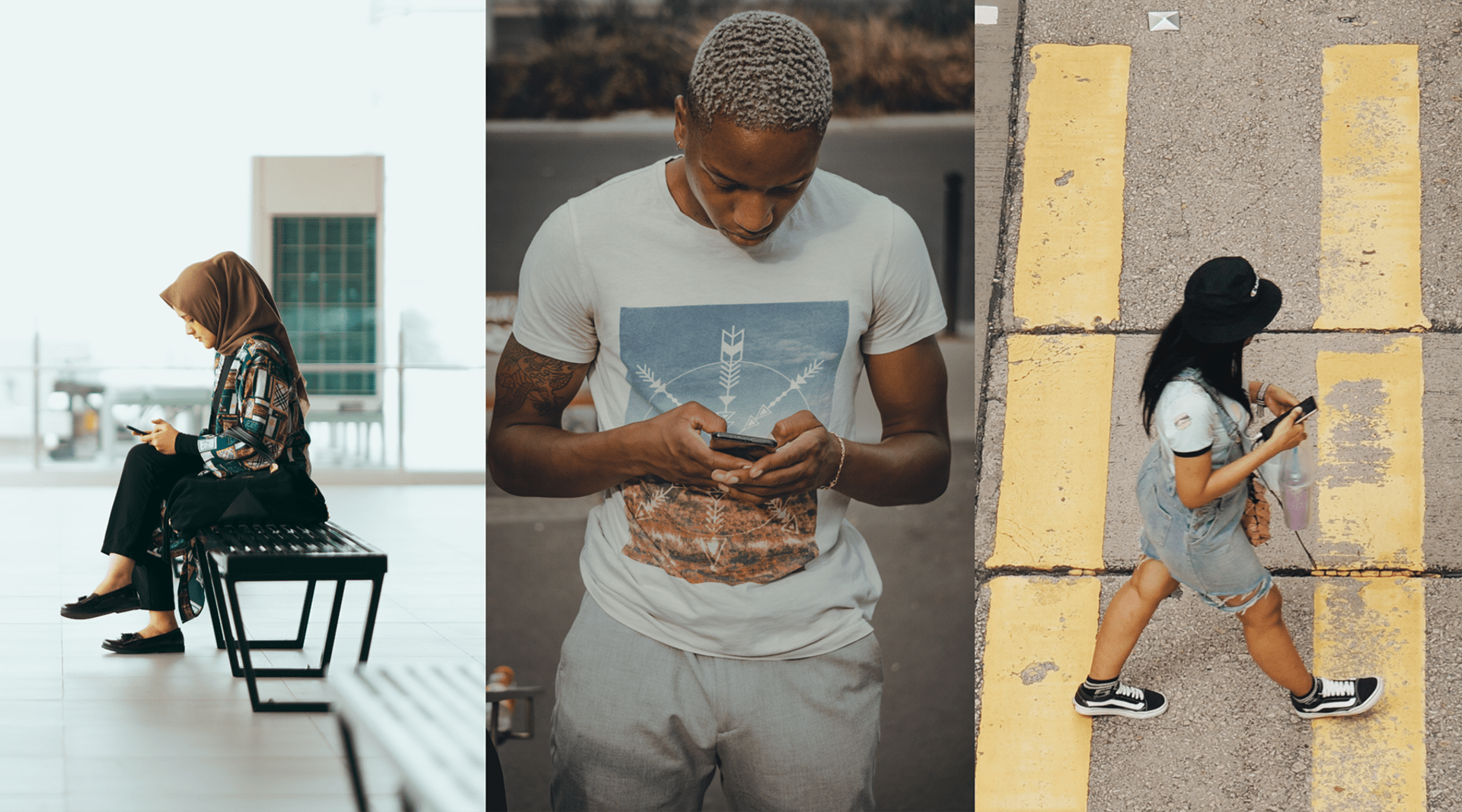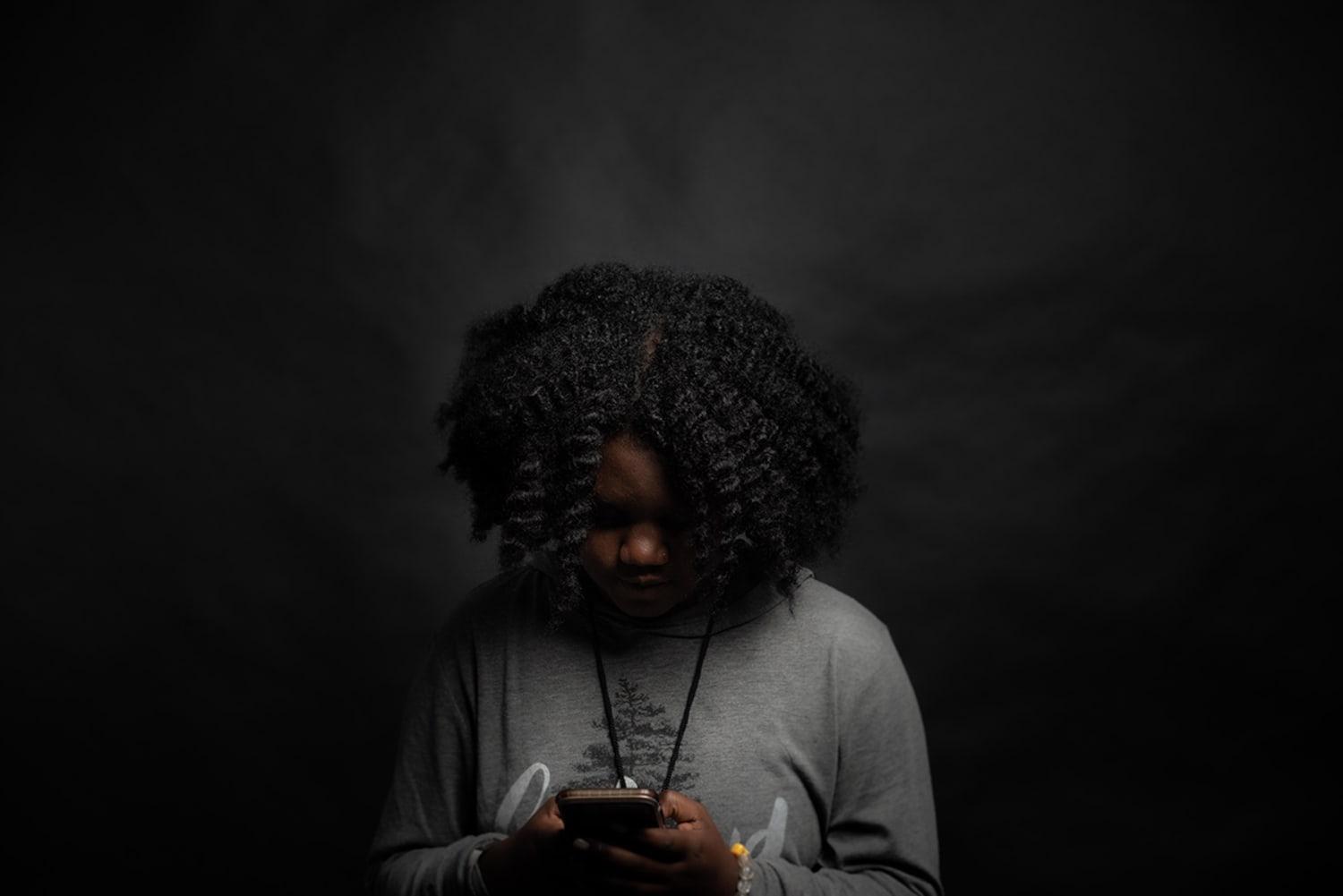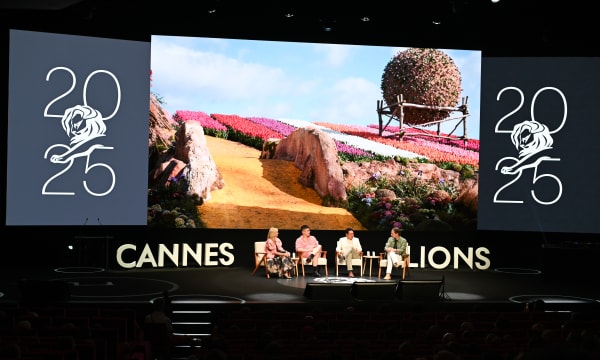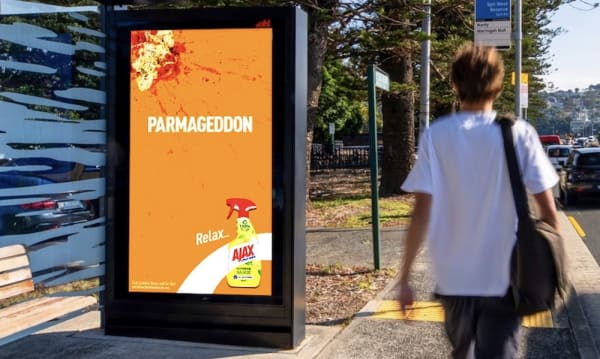Social media has been a boon and a bane during the pandemic—helping many keep up on health updates and stay connected with friends and family, but also spreading a raft of misinformation.
To better understand the impact of COVID-19 on social media use, Wunderman Thompson teamed up with the World Health Organization, the University of Melbourne and Pollfish to survey 23,500 people aged 18-40 years in 24 hotspot countries. Respondents were reached on their mobile devices between October 24, 2020 and January 7, 2021.
The report, titled “Social Media & COVID-19: A Global Study of Digital Crisis Interaction Among Gen Z and Millennials,” looks at who gen Z and millennials across the world trust for COVID-19 news, what they are most likely to share on social media and their awareness of false news. It also unearths differences amongst countries, offering lessons for governments, health organizations, businesses and schools on how to reach this cohort.
Below, we share top findings from the report.
Trusted sources
When it comes to COVID-19 news, gen Z and millennials—the digital natives on these platforms—are quietly turning to trusted sources like mainstream media, as well as health and science experts and global organizations like the World Health Organization (WHO).
Gen Z and millennials say they typically rely on multiple sources of COVID-19 news, with 43% saying they go first to national newspapers, TV and radio, 36% saying they actively search on search sites and 35% saying they turn to international news media.
Social media content by mainstream media (34%) is also popular, as is social media content from WHO (32%). Health and science experts are the next most popular (29%), followed by government sources (28%).




